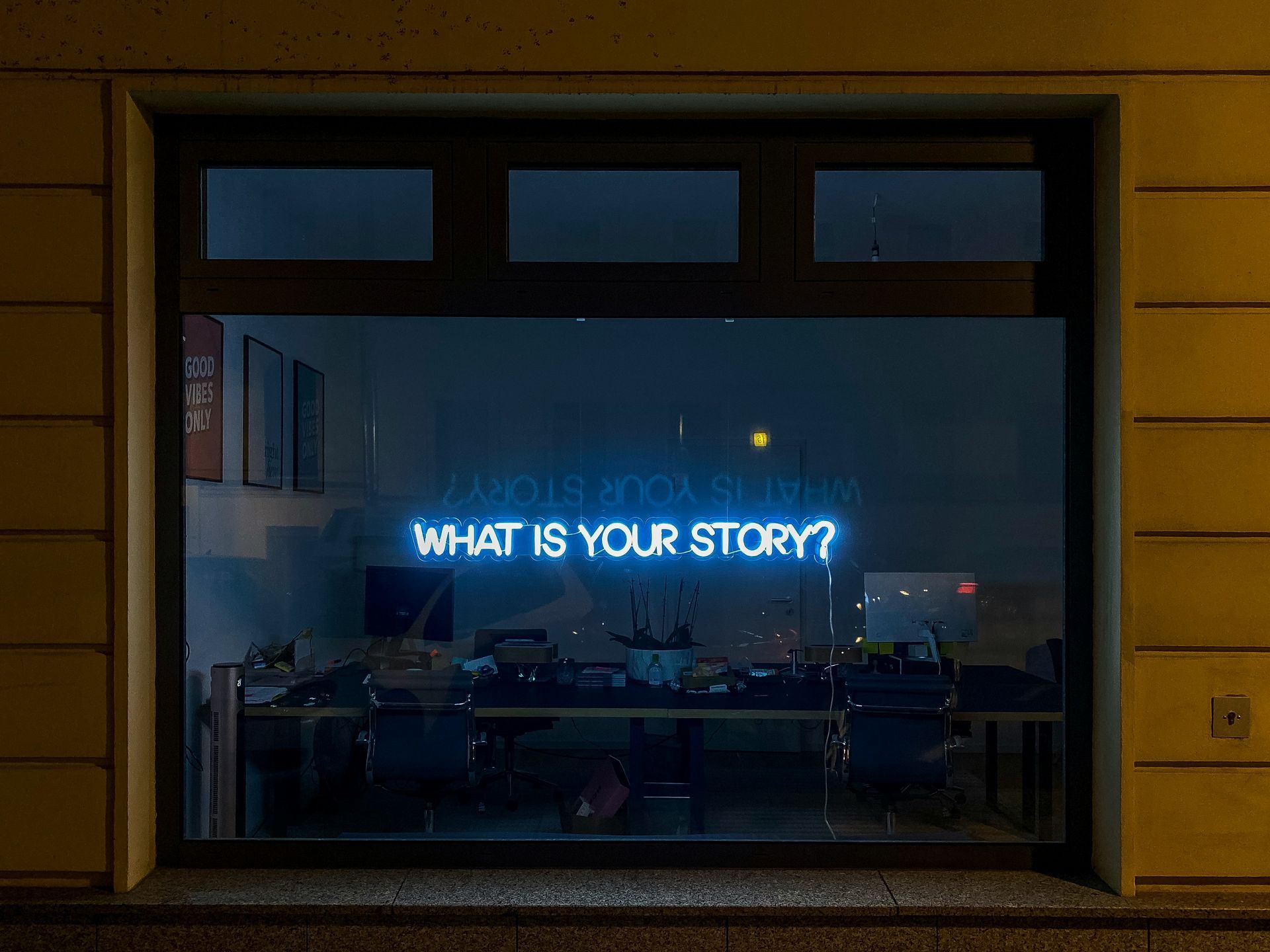Article
The Dance of Thoughts: Navigating the Inner Conflict Post My Cancer Diagnosis
Life sometimes confronts us with challenges that bring us to our core. A cancer diagnosis is one such profound moment, testing not only the body but also the spirit. This was no different for me. I wish to discuss the inner struggle that unfolded in my mind after receiving the cancer diagnosis. The internal conflict between trusting intuition and heeding the voice of fear is a complex and personal journey. How does one navigate this inner turmoil, and what choices are available?
The sense of intuition, often described as an inner voice or the voice of the heart, is something we all experience. In times of crisis, such as a cancer diagnosis, this intuition can be a powerful guide. It is the voice that speaks from deep within, instilling confidence and hope. Perhaps intuitively, you feel you've chosen the right treatment option or that there is hope even in the most challenging moments. However, I've observed that few people fully dare to trust this inner voice. The doctor's voice sometimes seems much easier to understand for some. For me, that inner voice was clear from the start. Still, I had to explore where it originated. Did I reject chemotherapy because I was afraid, or did that voice come from inner knowing? Listening to our inner voices, recognizing them, is also something we must 'learn.'
Opposite the voice of intuition is the inevitable voice of fear. It is the whisperer of worst-case scenarios, potential complications, and the fear of the unknown. Not knowing often led me to the voice of fear during the entire period after the diagnosis. I never felt sick during that time. I couldn't measure against my body, thinking, "Ah, now I feel better, so things must be improving." I had to repeatedly return to trust, or at least, that's what I chose. The voice of fear stems from a natural instinct to protect ourselves but can be paralyzing. It sows doubt and creates a constant inner conflict. Especially when faced with a cancer diagnosis, this conflict can lead you to let the doctor make decisions because, after all, they studied for it.
The question that arises is: how do you make choices amid this inner conflict? Is there a way to determine which voice to follow? The answer is complex and personal. There is no one-size-fits-all approach, but there are some considerations that can help.
Self-awareness is the beginning of learning to listen to your heart's voice. Take the time to understand yourself. Sit in silence and, free from judgment, observe what arises. Where do the voices come from? Do they stem from fear? You can even give different voices names. This way, you can recognize them, and in meditation, you might think, "Oh, there's that panic panda again..." when a particular voice emerges in your thoughts. Self-awareness can be a powerful compass when making decisions.
Seek support. Talk to friends, family, and/or professionals. External perspectives can help filter the voices in your head. A supportive network can be a source of strength and insight. I've learned that you need to be specific about whose opinions and perspectives you want to hear, especially when it comes to a cancer diagnosis. There are so many people who have (in)directly dealt with it. Before you know it, someone will tell you a story about the neighbor's friend's cousin who had this or that. I limited myself to two friends who truly understood how I stood in this story on a soul level.
I also had conversations with my family. However, don't forget that many people around you are in fear. They are afraid of losing you. Their advice is often not based on what is genuinely best for you but what they think is best for you. Try to stay true to yourself, take in all well-intentioned advice, and feel what resonates with you.
Perhaps the key to dealing with inner conflict is acknowledging and accepting it. It is normal to experience both intuition and fear. Even if you stand strong, that fear is there too. It doesn't mean that one of the voices is incorrect, but rather that they both play a role in the human experience spectrum. Accepting inner conflict as a natural part of the human experience is a step toward finding resilience amidst the challenges that life presents. Moreover, the choice is yours. What do you choose? Are you willing to choose trust in your inner knowing even when everyone else says otherwise?
share this
Related Articles
Related Articles



STAY UP TO DATE
GET PATH'S LATEST
Receive bi-weekly updates from the church, and get a heads up on upcoming events.
Contact Us



